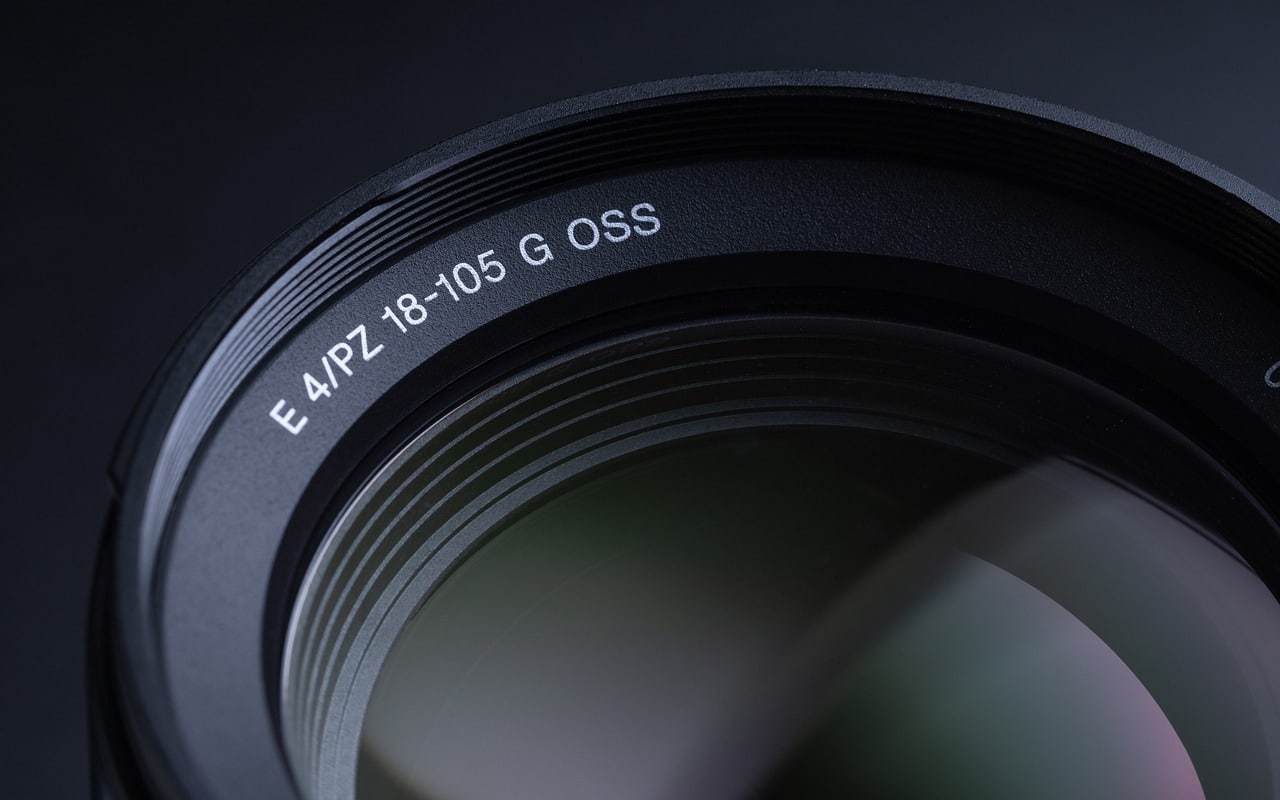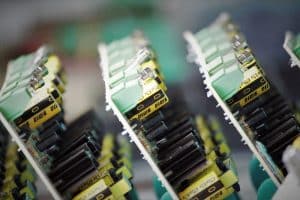Molecular Logic: Chemical Processing
The world of chemistry is constantly evolving, and with the advancement of technology, new fields and disciplines are emerging. One such field that holds tremendous potential for the future is Molecular Logic: Chemical Processing. This cutting-edge technology combines chemistry and logic, resulting in the creation of smart chemical systems that have the ability to make autonomous decisions and carry out complex processes. This article will delve into what Molecular Logic is, its applications, and how it is revolutionizing the world of chemical processing.
What is Molecular Logic?
Molecular Logic is the use of logic gates within molecular systems to create chemical processes that mimic those of electronic circuits. It involves the design and synthesis of molecules that can act as switches, providing “on” and “off” signals based on certain input criteria. These switches can then be connected in a logical sequence, resulting in complex chemical processes that can be controlled and optimized.
The concept of Molecular Logic was first proposed by Jean-Pierre Sauvage in the 1990s and has since gained widespread attention and interest from chemists and researchers worldwide. It brings together the fields of chemistry, physics, and computer science, making it a multidisciplinary approach to chemical processing.
How Does Molecular Logic Work?
At the heart of Molecular Logic is the use of logic gates. These gates, inspired by Boolean logic, act as decision-making units within molecules. They can either be created synthetically or found naturally in biological systems. When a specific input is received by a gate, it produces a corresponding output. For example, a “AND” gate would require multiple inputs to be “on” to produce an output signal.
To make a logical sequence of events, multiple logic gates are connected in a chain. Each gate in the sequence is designed to respond to specific input signals, thus creating a predetermined pathway for the chemical process. The result is a series of molecular decisions that work together to produce a desired output.
Applications of Molecular Logic: Chemical Processing
Molecular Logic has extensive applications in chemical processing, ranging from drug delivery systems to molecular sensors. One of the most significant advantages of this technology is the potential for targeted and controlled drug delivery. By using Molecular Logic, drugs can be designed to only release in the presence of specific conditions, such as a certain pH level or the presence of a particular biomarker in the body. This allows for the efficient and precise delivery of medication, minimizing any potential side effects.
Another area where Molecular Logic is being explored is in environmental remediation. By creating smart chemical systems that can detect and remove pollutants from the environment, this technology can aid in the cleanup of contaminated areas. This has the potential to greatly reduce the time and cost traditionally associated with remediation efforts.
Molecular Logic is also being used to develop molecular sensors for various applications. These sensors can detect the presence of harmful substances or monitor various environmental conditions. They are also being researched for their potential use in creating artificial photosynthesis, which involves using sunlight to drive chemical reactions in the same way that plants do.
The Future of Molecular Logic
The potential of Molecular Logic is vast and exciting, and its applications are still exploring. With the strides being made in this field, it is only a matter of time before we see its full potential realized. The integration of chemistry and logic has opened up a new realm of possibilities for chemical processing, offering greater efficiency, precision, and control.
In conclusion, Molecular Logic: Chemical Processing is a fascinating and innovative technology that has the potential to revolutionize the field of chemistry. Its applications are far-reaching and have the potential to bring about significant advancements in various industries. As research in this field continues to progress, we can expect to see even more groundbreaking developments and applications of Molecular Logic in the near future.









